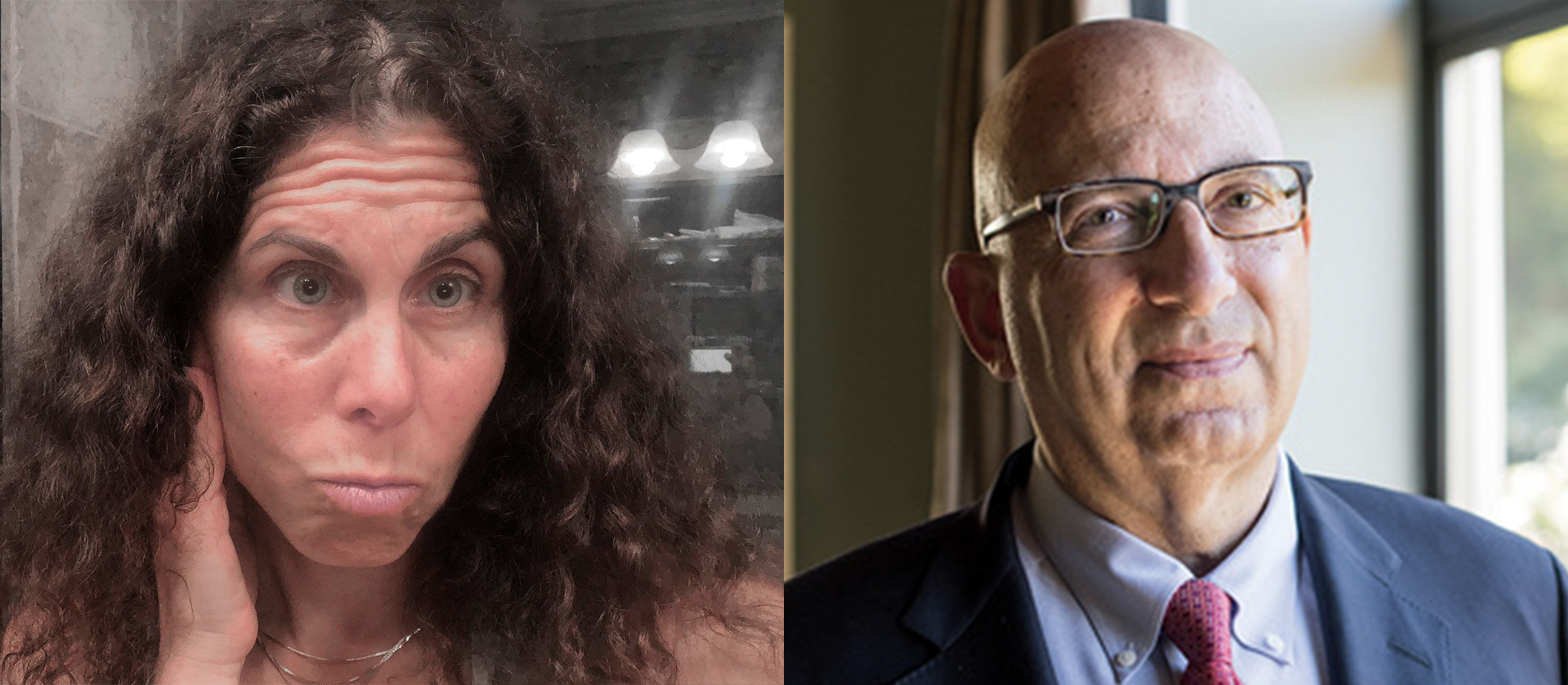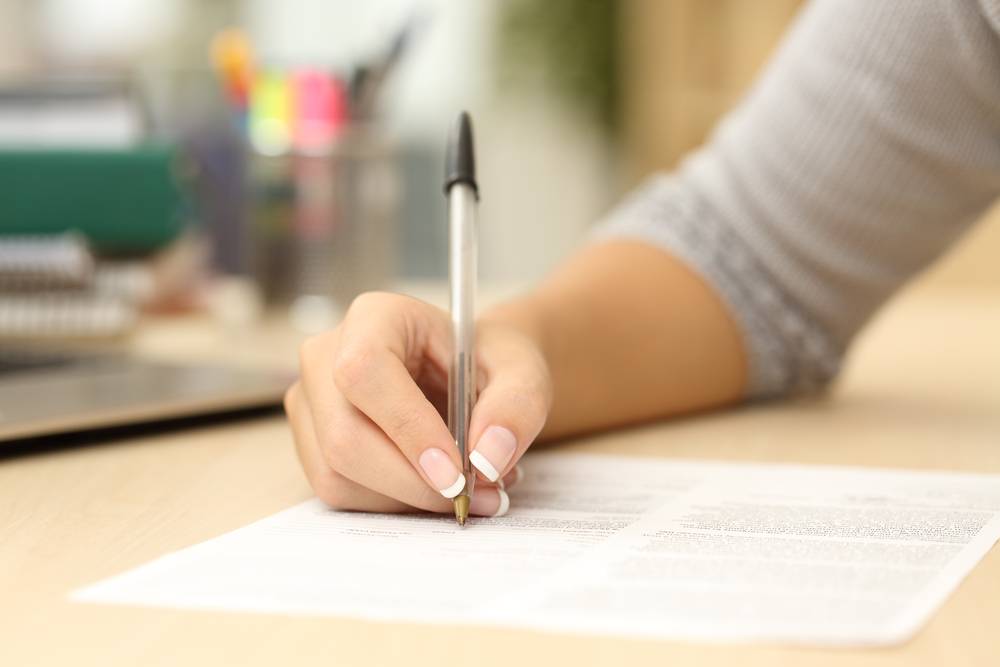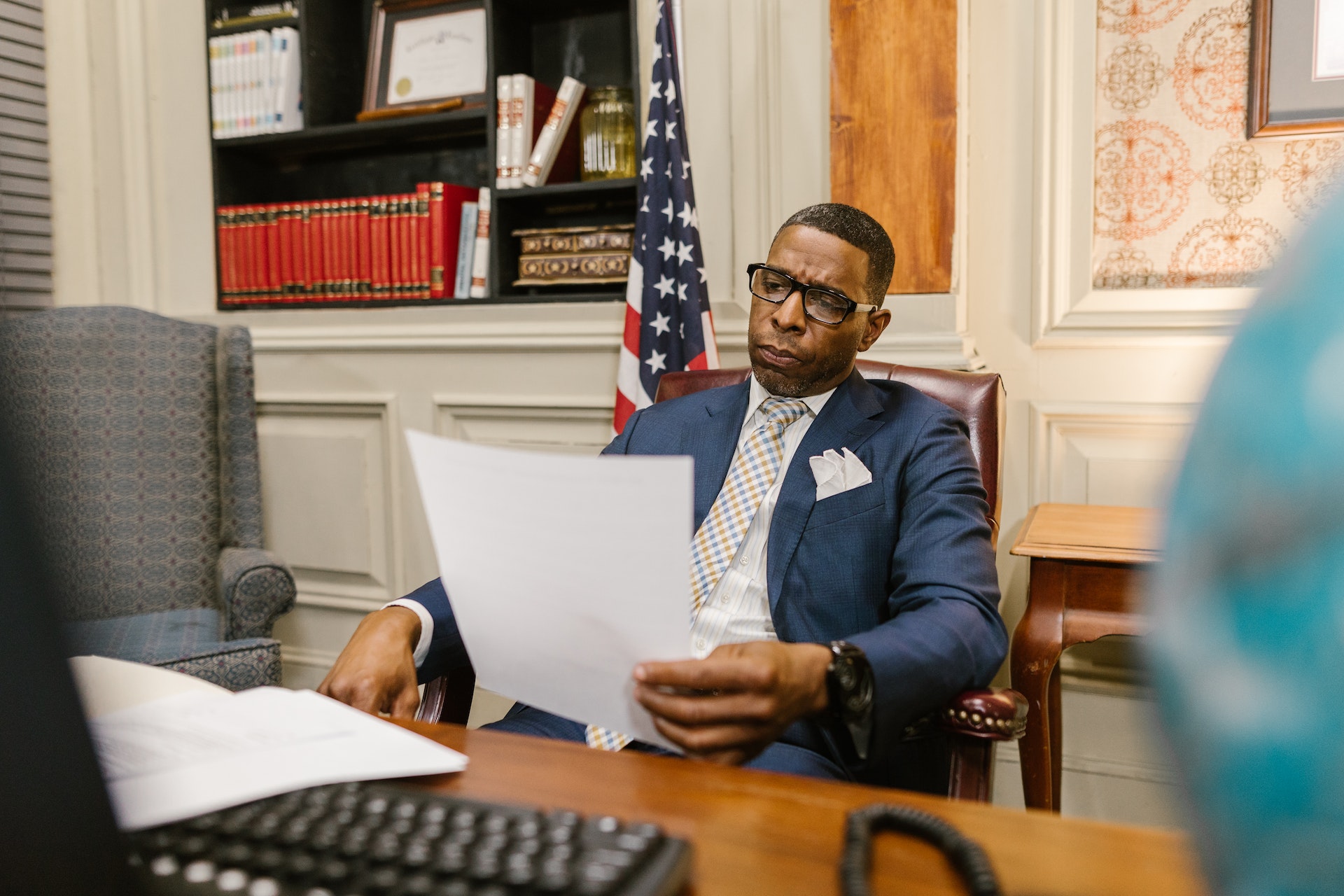Navigating the legal world can sometimes feel like wading through a sea of complicated jargon. But when it comes to planning for the future and ensuring our loved ones are taken care of, it’s crucial we understand the basics.
Here, we break down what a will is, why it's essential, and what happens if you don't have one.
1. What Is A Will?

A will, often called a "last will and testament," is a legal document that outlines how you want your assets (like your money, property, and other possessions) to be distributed after you pass away.
Think of it as your final set of instructions for your loved ones and the courts.
2. What Does A Will Cover?

A will typically covers:
Assets Distribution: Specifies who gets what. This includes tangible assets like houses, cars, jewelry, and intangible ones like stocks and bonds.
Guardianship: If you have minor children, a will can designate who will care for them.
Pet Care: Decide who will take care of your furry friends.
Special Instructions: Any particular wishes you have, such as funeral arrangements or how to handle specific possessions.
3. What Are Beneficiaries?
These are the individuals or entities you've chosen to inherit your assets after you pass away. They can range from family members and friends to organizations such as charities or trusts.
Importantly, by specifying beneficiaries in your will, you ensure that your assets go directly to the parties you've selected, rather than being distributed based on state laws.
Additionally, beneficiaries can also be designated in various financial accounts and insurance policies, making it essential to regularly review and update them to reflect current wishes and life changes.
4. What Is An Executor?
This is the person you choose to carry out your will's instructions. They ensure your assets are distributed correctly, outstanding bills are paid, and any other final wishes are fulfilled.
Why you need one:
Clear Instructions: It ensures that your assets are distributed the way you want.
Reduces Family Conflict: A will can help prevent potential disputes or misunderstandings among family members.
Peace of Mind: Knowing that your loved ones are cared for and your wishes are respected.
5. How Do I Prepare A Will?
 Andrii Zastrozhnov, Shutterstock
Andrii Zastrozhnov, Shutterstock
Preparing a will begins with a thorough assessment of your assets and deciding who your beneficiaries will be. Consider factors like the complexity of your financial situation and guardianship decisions for minor children.
Once you have a clear idea, list all your assets, appoint an executor, detail specific bequests, and consider any funeral arrangements.
It's recommended to consult with an attorney, especially if your financial situation is intricate, to ensure legal accuracy and clarity. After drafting, have witnesses observe you sign the will and store it safely.
6. Do I Need A Witness To My Will?
Yes, having a witness to your will is a critical requirement in most jurisdictions.
Witnesses ensure the will's authenticity and that it wasn't signed under duress. Typically, you need at least two adult witnesses, who aren't beneficiaries or closely related to any beneficiaries, to observe your signing and then sign the will themselves.
Their signatures corroborate that you were of sound mind and free from undue influence when making your decisions.
7. Do I Need An Attorney?
While it's not mandatory to have an attorney draft your will, it's highly recommended, especially if your estate is complex.
An attorney can provide guidance on specific legal requirements, and potential tax implications, and ensure that the language in your will is clear and legally enforceable.
Without legal expertise, you might overlook essential details, which can lead to disputes or your wishes not being carried out as intended.
8. Does A Will Need To Be Updated?
Absolutely, a will should reflect your current life circumstances and wishes.
Significant life events, such as births, deaths, marriages, divorces, or changes in assets, can necessitate a revision of your will.
Regularly reviewing your will ensures it remains relevant and effective, reducing potential disputes or ambiguities for your beneficiaries when the time comes.
9. Is This Where I Plan My Funeral?
Your will can certainly include instructions about your funeral, burial, or cremation preferences.
However, keep in mind that often a will is not read until after the funeral.
Thus, while you can mention your wishes in your will, it's also a good idea to communicate them directly to family members or keep a separate written document detailing your funeral desires accessible to your loved ones.
This ensures that your wishes are honored in a timely manner.
10. Where Do I Keep My Will?
Your will is a crucial document, and its safekeeping is paramount. It should be stored in a secure and accessible place.
Common storage options include a home safe, a safety deposit box at a bank, or with your attorney.
Ensure your chosen executor or trusted family members are aware of its location to avoid unnecessary hurdles and searches during an already emotional time.
11. What Happens If I Don't Have A Will?
If you don't have a will, you are considered to have died "intestate." In this case:
State Decides: Laws of your state will determine how your assets are divided. This may not align with what you would have wanted.
Potential Delays: The process can be longer, causing unnecessary stress and potentially leaving loved ones without access to needed assets for extended periods.
Increased Costs: The absence of clear instructions can lead to legal disputes, which can be expensive.
Final Thoughts
While contemplating our own mortality might be uncomfortable, ensuring we have a clear and legally valid will in place is a crucial step in protecting our loved ones and our wishes.
By understanding the basics, you can take the first step towards ensuring your final wishes are carried out as you intend.
















